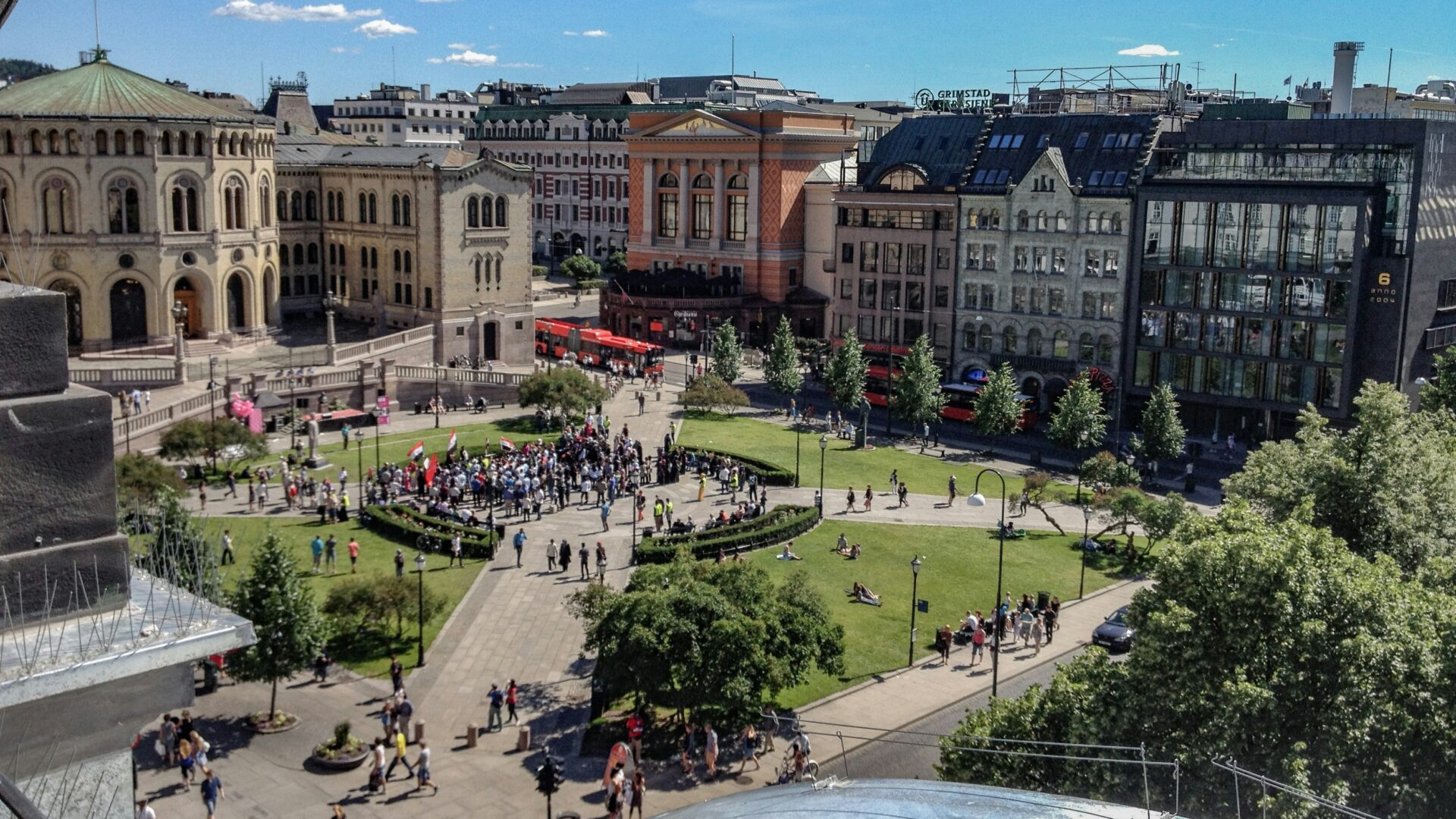In a new paper at West European Politics, Martin Moland uses optimal full matching and data from a 2023 Norwegian survey to compare elite and citizen views of transnational regulatory harmonization. Legal and regulatory harmonization is a tool for international organizations that are trying to set up transnational legal orders. Moland contended that, prior to this study, “we know little about how citizens and elites think about the competing demands from legal harmonization and national political preferences in the national implementation of EU law.”
Norway, though not a member of the European Union, is part of the European Economic Area, an agreement that extends the EU’s single market to non-member states.
The survey included over 4,000 Norwegian citizens, nearly 2,000 politicians from all levels of government (though mainly local), and nearly 3,000 civil servants. Mondal recognizes the predominance of local politicians to be a limitation, though thinks there is much to suggest that politicians from the same party across levels of government have similar preferences.
Moland found differences between citizens and elites, and even between elites.
Citizens are much less likely than bureaucrats to support legal harmonization, Monald found, writing, “while citizens and politicians have similar views of the desirability of legal harmonization, bureaucrats are markedly more positive towards such harmonization than the same citizens.”
Although unelected civil servants view “legal harmonization” much more favorably than citizens, the only meaningful gap in opinion was “between citizens and Eurosceptic politicians.”
A cynic might highlight such differences as being attributable to a sort of deep state, but Moland suggests one reason might be varying levels of awareness of legal harmonization.
Bureaucratic Attitudes
When it comes to bureaucrats, Moland explained, their attitudes “only differ significantly from those of strongly Eurosceptic politicians,” but “bureaucrats with a ministry or legal background hold views of legal harmonization significantly different than those of other civil servants.”
“One likely explanation for why Norwegian bureaucrats express greater support for legal harmonization than citizens,” Moland writes, “is that they are better able to influence EU policy-making processes than citizens without a direct vote in European elections.”
These findings could be relevant to other full EU member states, Moland notes, but the overlap between citizens and politicians in this particular study may be the result of Norway’s specific relation to the EU. Because Norway isn’t an EU member, it is not part of the bloc’s decision-making processes.
Moland suggests that, for future research, studies should theorize about how the gap between citizens and elites varies for different elites and test how the differences “manifest” in different policy areas.




















